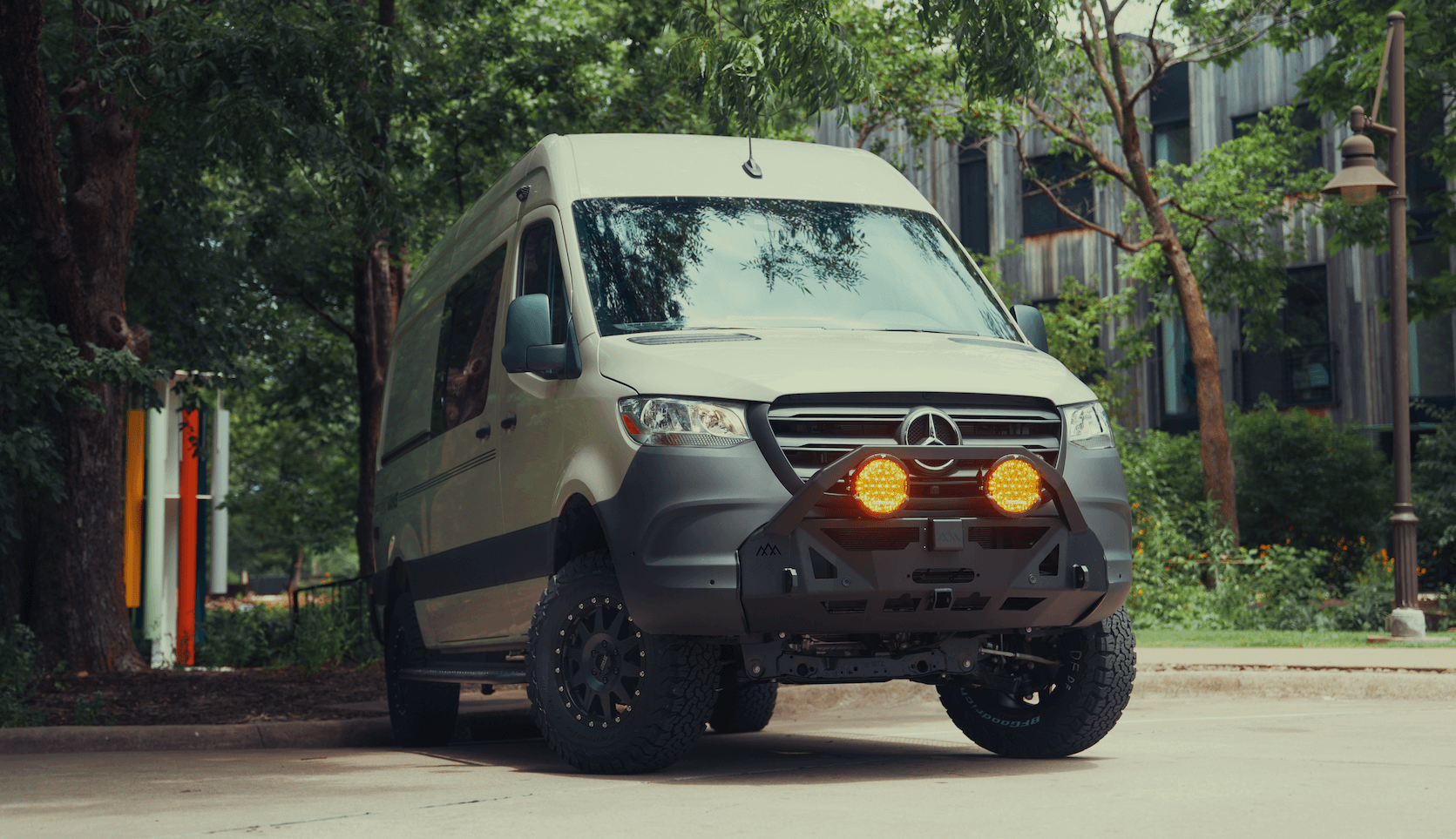Recreational Vans

Co ownership camper van services enable two to five households to share a premium camper van without the full burden of purchase price, storage, or upkeep. The group either forms a simple partnership or an LLC, then adopts a written agreement that covers who can book the van, how expenses are split, and how the asset will be serviced and stored. Some owners manage these tasks themselves with shared tools and spreadsheets. Others hire a management company to handle scheduling, cleaning coordination, preventive maintenance, and title renewals.
The appeal is straightforward. A high quality build costs less per household, and the van sees regular use instead of sitting idle. Clear rules protect both the vehicle and the friendships. The most successful groups treat the van like a small business asset with predictable workflows, not a casual toy.
A typical structure divides expenses into two buckets. Capital costs include down payment and any financing. Operating costs include insurance, registration, storage, maintenance, tires, and consumables. Owners often split fixed costs evenly, while variable costs like cleaning or extra mileage are charged to the user that month. A contingency reserve, usually one to two percent of vehicle value annually, cushions surprise repairs.
Booking systems range from rotating priority months to a points or credits model. High demand periods like spring break or major events can be auctioned with credits so everyone has equal opportunity. Blackout windows for maintenance keep the rig dialed. A shared calendar with confirmation rules eliminates last minute confusion.
Insurers typically require all named drivers on the policy. The operating agreement should define driver eligibility, training, and any age restrictions. Some groups conduct a short vehicle orientation and a checklist sign off before first use. Liability responsibilities should be stated in plain language so no one is guessing after an incident.
A written co ownership agreement keeps the program smooth. Most groups include five pillars: ownership shares, usage rights, financial responsibilities, care standards, and exit options. An LLC can simplify titling and give the group a bank account for automatic bill pay and deposits.
Preventive maintenance extends lifespan and avoids trip failures. Agree on a monthly inspection checklist, mileage based services, and a storage routine that protects tires, batteries, and finishes. Post trip tasks should include cleaning, waste handling, and damage reporting with photos. Centralized storage near a trusted service provider reduces missed tasks.
Shared rigs benefit from layout and materials that shrug off heavy use. Modular furniture, marine grade plywood, sealed floors, and antimicrobial fabrics stand up to repeated loading, pets, snow, and mud. Rounded cabinet edges reduce dings. Soft close hardware keeps noise down and latches secure during travel. Hardwearing countertops and easily wiped surfaces compress turnaround time between trips.
Electrical systems should be sized for mixed users, not ideal conditions. A robust battery bank with alternator charging, solar assist, and shore input covers varied habits. Clear labeling, a master power diagram, and a quick start guide help first time drivers. Remote monitoring of battery state and temperature reduces support calls and protects components during storage.
Water and climate deserve special attention. Quick drain plumbing with labeled valves makes winterization simple. A reliable heat source and insulated lines reduce freeze risk. Ventilation, condensation control, and easy to remove bedding protect interior air quality. Durable shower surfaces and non slip floors improve safety and cleanup.
Hands free connectivity is practical, not just fun. Navigation mounts, 12 volt and USB C outlets, and optional satellite internet let different owners work and travel without rewiring the van. A lockable gear area keeps personal items separated. Exterior lighting, recovery points, and tire upgrades improve safety when the weather turns.
Preparing for resale is smart from day one. Document service records, keep receipts, and photograph the van regularly. Neutral interiors and flexible storage broaden appeal when the group exits or reconfigures ownership. A clean paper trail and a proven maintenance history yield stronger offers.
When you are ready to translate a co ownership plan into a reliable vehicle, a purpose built interior matters more than ever. We design and upfit vans for heavy, repeated use with practical layouts, labeled systems, easy cleaning, and hardwearing finishes. Located in Fayetteville Arkansas, we build for diverse use cases and climates, and hand off each rig with clear orientation so every owner is confident from day one.
Bottom line, a co owned van thrives when the foundation is right. Durable materials, serviceable systems, and thoughtful storage reduce conflict and protect your investment. Bring us your use calendar and care standards, and we will engineer the details that make group ownership work smoothly.
Tell us about your co ownership goals, trip patterns, and must have features. We will design a shared adventure van that is simple to book, easy to maintain, and ready for long miles together.
Ready to design a shared adventure van built to last and easy to manage? Tell us how your ownership group plans to use the rig and we will engineer the layout, power, and finishes to thrive in co ownership. Submit the form and let OZK Customs turn your plan into a turn key build.
ADDRESS:
6159 E Huntsville Rd, Fayetteville, AR 72701
PHONE:
(479) 326-9200
EMAIL:
info@ozkvans.com